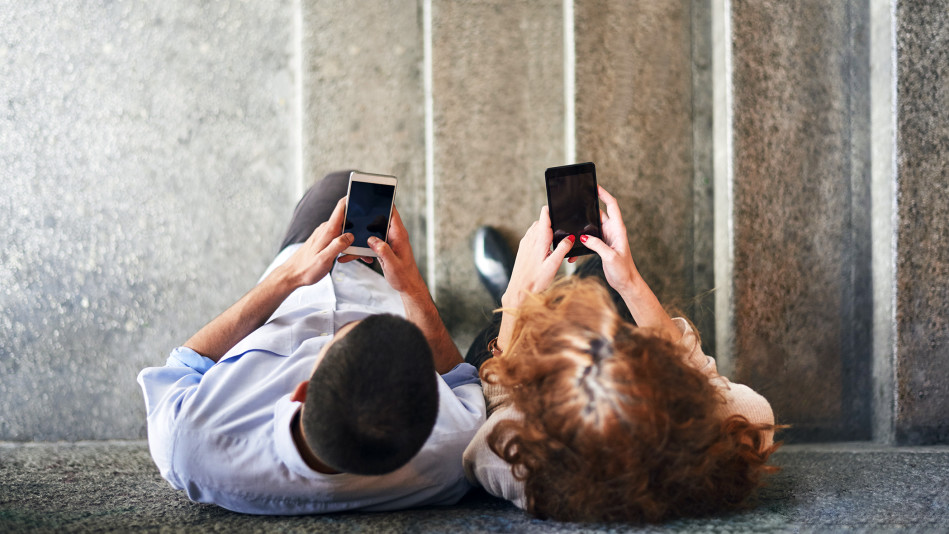A Step-by-Step Guide to Filming an Injustice as a Bystander
When you observe outright discrimination or abuses of power, don't just stand there—hit record.

Photo: Nesharm/iStock
You've seen the gut-wrenching videos online: a man shot in his car on the way home from a grocery store, concertgoers running from bullets. A phone has become a viable tool for recording violence and injustice, and the NYC-based organization Witness provides training and resources on the right and wrong ways to document it. "This new technological landscape has democratized people's ability to get the story out," says Jackie Zammuto, Witness's program manager. "Recording human rights abuses on video has the power to counter misleading narratives, spark investigations, and mobilize people. Video can even be used as evidence in court to secure justice for victims." (That's what happened in the case of Walter Scott, killed by a police officer who'd stopped him for a traffic violation. The officer was sentenced to 20 years in prison, thanks in large part to an amateur phone video of Scott's death.) And in some cases, Zammuto says, taking out a camera can actually prevent a bad situation: "It's not always about capturing someone in the act. The camera can be a deterrent—if people know they're being watched, they may stay on their best behavior." Just don't raise your lens before reading these guidelines on how to be a better bystander
BEFORE YOU FILM
Assess the risks: Could filming the incident put others in danger by exposing the victim's identity, home address, or sensitive personal information? Or put you in harm's way?
Show the details: Document license plates, badge numbers, threatening symbols or signs, weapons, property damage, violent behavior, injuries, etc. Focus on telling a story, says Zammuto. "Think, If I weren't here, what would I need to see to make sense of what's happening?"
Provide narration: If investigators eventually see the video, they'll need to hear what's going on. So narrate, but stay calm and state only factual details, like a description of the incident and what led up to it.
BEFORE YOU SHARE
Pause: Waiting to release a video can be a good strategic decision, says Zammuto. "If the police come out with an official report that misrepresents what happened, releasing video that helps contradict it can prompt investigations." Once the video is online, you lose control of how and where it's used. And if you put the video on your personal Facebook page or YouTube channel, you might be the target of a media onslaught. So speak with the victim, a lawyer, an advocacy organization, or a trusted journalist for guidance first.
Add context: When you're uploading a video you filmed, ensure searchability by including specifics like location and date in the title and description.
Back it up: Never delete or edit the original file. Save copies in secure locations, in case Facebook or YouTube takes it down. If you're sharing a video you didn't film, consider downloading it.



